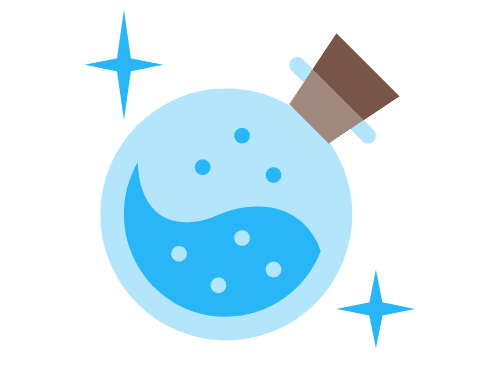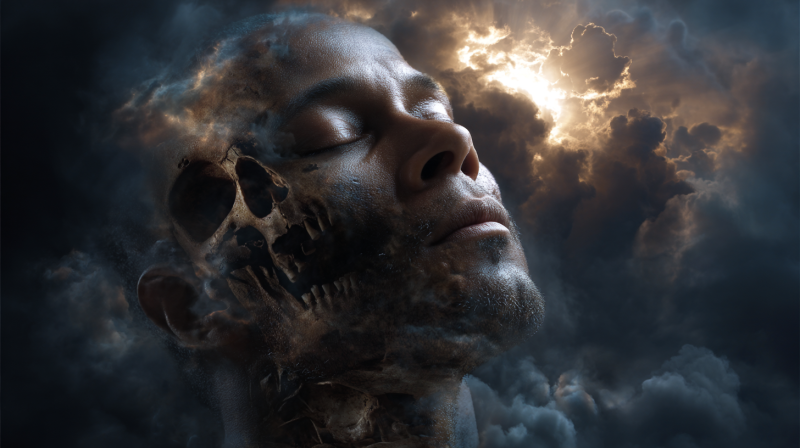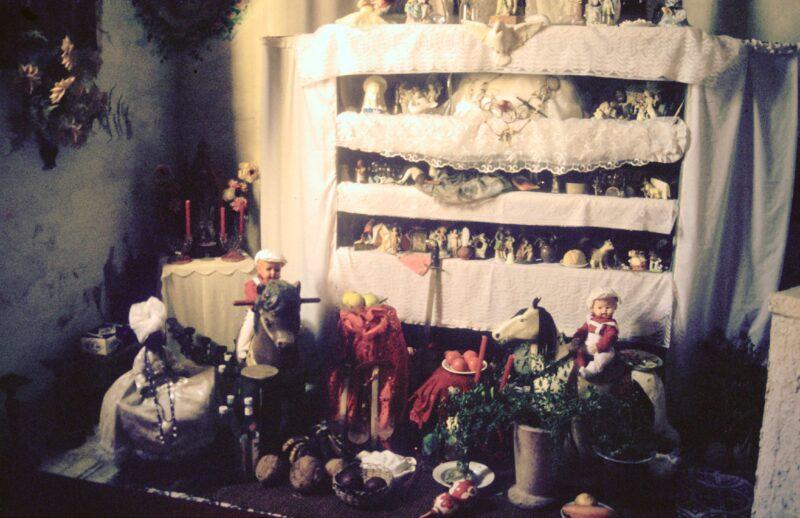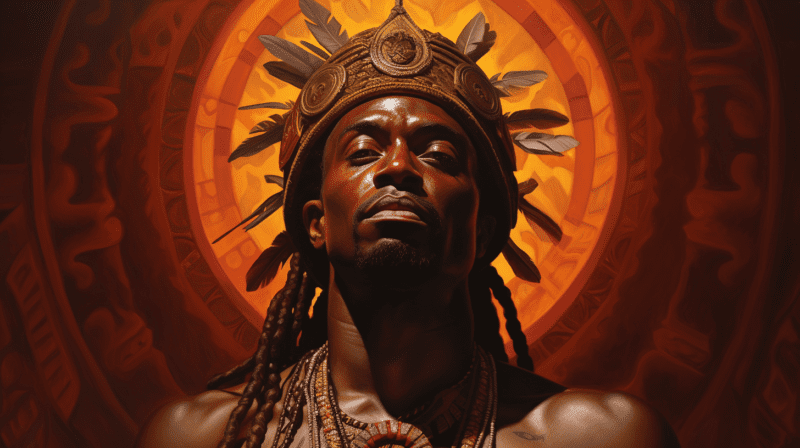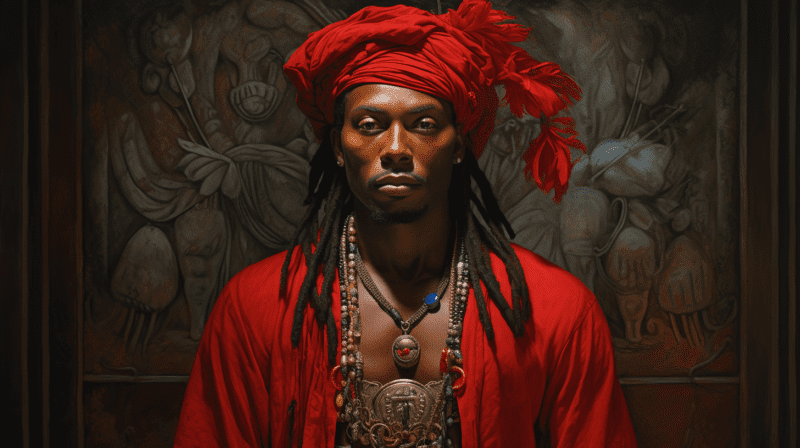Orisha (also spelled Orisa and Orishas) are supernatural beings in the Yoruba religion of West Africa that are often referred to as deities, despite the fact that they are actually emanations or avatars of the ultimate entity, Olodumare. Their number is typically stated as 400 + 1 as a form of abbreviation for “without number” or “innumerable.”
Belief in the Orishas is estimated to have developed between 500 and 300 BCE, but it is most likely considerably older, as archaeological evidence supports this date and many West African sites remain unexcavated. According to Yoruba religion, Olodumare is too vast for the human mind to comprehend and hence unleashed various facets of itself, each of which gained a different field of impact at random. Olodumare tossed the dominion powers into the air, and whatever Orisha grabbed, one was in charge of that sphere of influence.
When many Yoruba were enslaved, the Orishas moved to the Americas and the Caribbean via the Transatlantic Slave Trade, and there they became syncretized with the Christian saints of Catholicism. The Yoruba were able to continue practicing their religion by officially turning Catholic because saints in Catholicism played the same function as Orishas in their own faith, acting as intermediaries between a believer and the supreme deity.
People today invoke the Orishas in personal or communal rituals for spiritual strength, enlightenment, or help with daily obstacles. Although there are many Orishas, seven are thought to be the most powerful and have become the most popular among modern-day devotees. Today, people all over the world practice Orisha worship in a variety of ways, including the systems of Santeria, Candomblé, and Vodun, as well as nominal Catholics and those who identify as Neo-Pagan, Wiccan, or New Age practitioners.
The Yoruba faith’s doctrines were passed down orally for years before being written down; hence, there are several different versions of the same stories. The supreme being is referred to as Olodumare by some, Olodumare-Oloorun by others, and Olofin by still others, but all allude to the same entity—neither male nor female—who both created and is the universe. A number of contemporary works on the Yoruba faith assert that Olodumare dwells high in the heavens, far from the worries of those on Earth, and is unable to hear people’s prayers, but stories in which the entity is both aware of and involved in the struggles of both Orishas and mortals do not seem to support this claim.
Olodumare is at the apex of the Yoruba cosmology system, and all else descends from him:
- Olodumare
- Orisha
- Human Beings
- Human Ancestors
- Plants and Animals
The Ajogun, who is difficult to explain but is commonly associated with the Western concept of a demon, is on the same level as the Orisha. An Ajogun is a supernatural creature who creates mishaps, promotes misunderstandings, brings illness, and causes accidents. They are not demons, however, because all things in creation—natural and supernatural—have components of positivity (ire) and negativity (ibi), and so nothing can be defined as entirely good or entirely bad. The Ajogun could be Orisha tricksters, but whatever they are, they cannot be regarded ‘bad‘ or ‘demonic‘ in a Christian sense.
Human ancestors feature in the hierarchy because it is believed that the souls of those who have gone before still exist and can exert influence over the living. They must, however, be honored through recollection and invoked to do so by living humans, and hence rank lower on the hierarchy than the living. Plants and animals, despite being at the bottom of the food chain, are not considered less valuable than humans or ancestors, merely less capable of acting on their own. Plants and animals are thought to share the same divine spark as humans.
